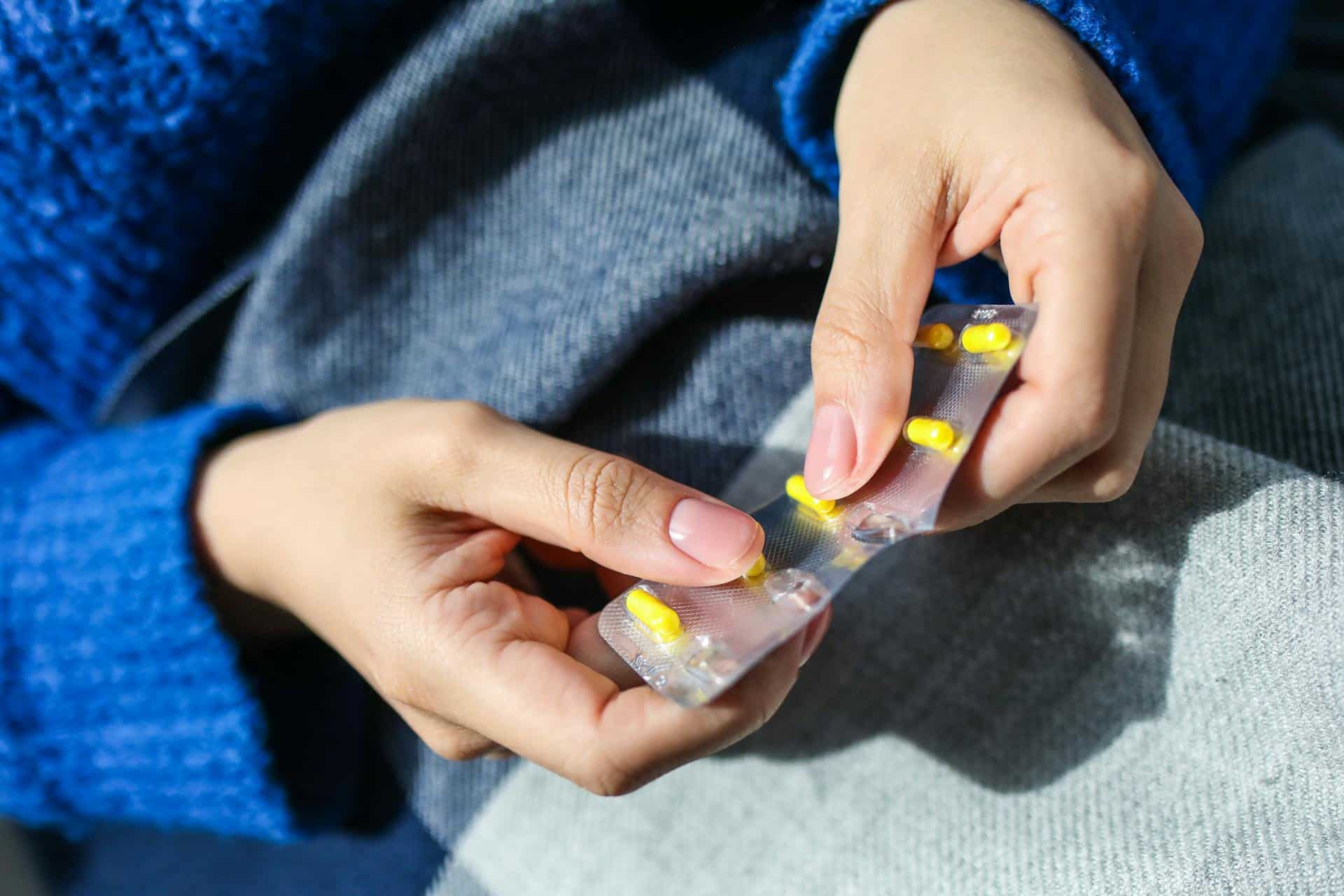What to Expect When You’re Coming Off Depression or Anxiety Medication
Antidepressants and anti-anxiety medications play an important role in treating mental health conditions like depression, panic disorder, and generalized anxiety disorder. These medications can help regulate mood, reduce anxiety, and improve daily functioning. While they’re often effective, some individuals may eventually consider stopping them—whether because of side effects, feeling stable, or wanting to explore [...]











